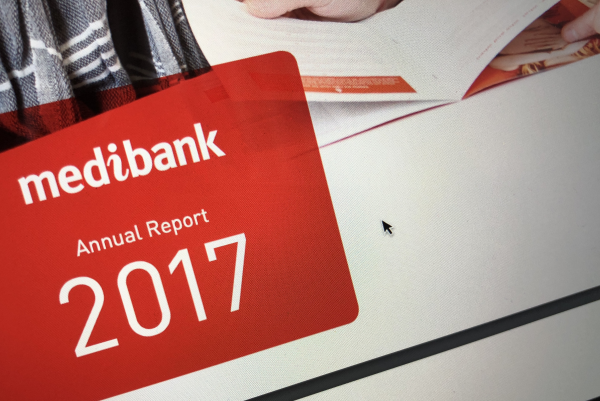"The business has immersed itself in looking at operational improvements, product enhancements and building a culture that is unequivocally customer led," Medibank chair Elizabeth Alexander told the company's annual general meeting in Melbourne yesterday.
The former government-owned company announced a $497.5 million operating profit for its health insurance business in 2016-17.
Welcoming the recently announced reforms of health insurance and the pricing of prostheses, Ms Alexander described them as an "important first step", with short-term benefits likely to ease upward pressure on premiums next year.
"That said, affordability will continue to be top of mind for us and we will continue to work with the government to address this on behalf of our customers," she said.
Ms Alexander also confirmed the company's plan to divest its holdings, direct or indirect, in fossil fuel companies.
"We understand that the health of the environment has an impact on the health of the community. Medibank acknowledges the science of climate change and the impacts on human health.
"During the year we made a commitment to carbon neutrality within our direct emissions and energy consumption by the end of 2018. Our commitment also extends to our investments and we have reduced our exposure to investments that have the ability to adversely impact the health of our customers and the community."
She continued, "In line with our commitment to the health and wellbeing of our customers, Medibank has begun a process to reduce our exposure to carbon intensive assets. While Medibank does not directly invest in fossil fuels, we do have a small exposure to high carbon investments mainly through index-based equity investments. Overall, high carbon emitting companies make up less than 0.5% of our investment assets."
CEO Craig Drummond told the meeting the company "overhauled" its service standards in 2017, launched new products and "provided increased value for our customers."
"That said we’re still operating in a challenging environment, with the participation rate in private health insurance the lowest in four years," he said.
"We know that our customers are doing it tough," added Mr Drummond. "Wage growth is barely keeping up with inflation and interest rates on savings are at near record lows, while health costs have continued to grow at nearly 7% a year for the last decade.
"As a result affordability in our sector remains a significant concern. To address this issue of affordability, reform is needed and in the last 12 months the sector has seen more substantive reform than at any time in the past decade."
He said the recently announced cuts to the prostheses list will make a difference to the company's customers. "Every single dollar we save, our customers save - just as they did in 2017," he said.
